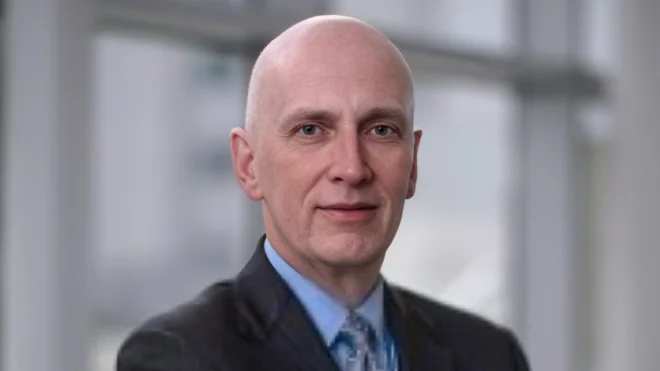
A compound found in psychedelic mushrooms, psilocybin, may have antiaging properties, according to researchers at Baylor College of Medicine. Their study, published in the latest edition of Nature Partnering Journal (NPJ) Aging, suggests that psilocybin can extend both cellular and organismal lifespans.
The research demonstrated that psilocybin reduced several hallmarks of aging in cells and improved survival rates in aged mice. Dr. Louise Hecker, associate professor of medicine – cardiovascular research at Baylor and senior author of the study, stated: “There have been a number of clinical studies that have explored the therapeutic potential of psilocybin in psychiatric conditions such as depression and anxiety; however, few studies have evaluated its impacts outside the brain.” She added that their findings indicate psilocybin has significant effects on the entire body with antiaging properties.
Telomeres are protective caps at chromosome ends that shorten with age—a classic hallmark of aging. The study suggests psilocybin treatment helps preserve telomere length, contributing to cellular life extension. Using human cells, researchers found that psilocybin extended cellular lifespan by up to 57% depending on dosages. Psilocin, an active metabolite of psilocybin, delayed cellular senescence and reduced oxidative stress levels while increasing SIRT1 expression associated with longevity regulation.
In tests involving aged mice—equivalent to a 60-year-old human—the mice showed significantly improved survival compared to control groups. There was also a visible improvement in fur quality suggesting healthier aging. Dr. Kosuke Kato, lead author and assistant professor of medicine – pulmonary at Baylor remarked: “This is a very exciting and clinically relevant finding that suggests even when intervention is initiated late in life it can have dramatic impacts.”
Dr. Hecker noted: “Our findings open an exciting new chapter in psychedelic research beyond its neurological and psychological benefits,” suggesting that psilocybin might promote healthy aging across multiple age-related diseases.
Dr. Kato emphasized the need for further research: “It is important to note that additional research is needed to validate these findings in human studies.” He mentioned understanding optimal dosing protocols for maximal efficacy and assessing long-term risks before public use.
Once validated through human studies, psilocybin could offer new options for healthy aging and potentially address age-associated diseases.
The study began at Emory University with support from various internal awards including the Imagine, Innovative, and Impact (I3) Award from Emory School of Medicine among others. Drs. Hecker and Kato later moved to Baylor where they completed their analyses.